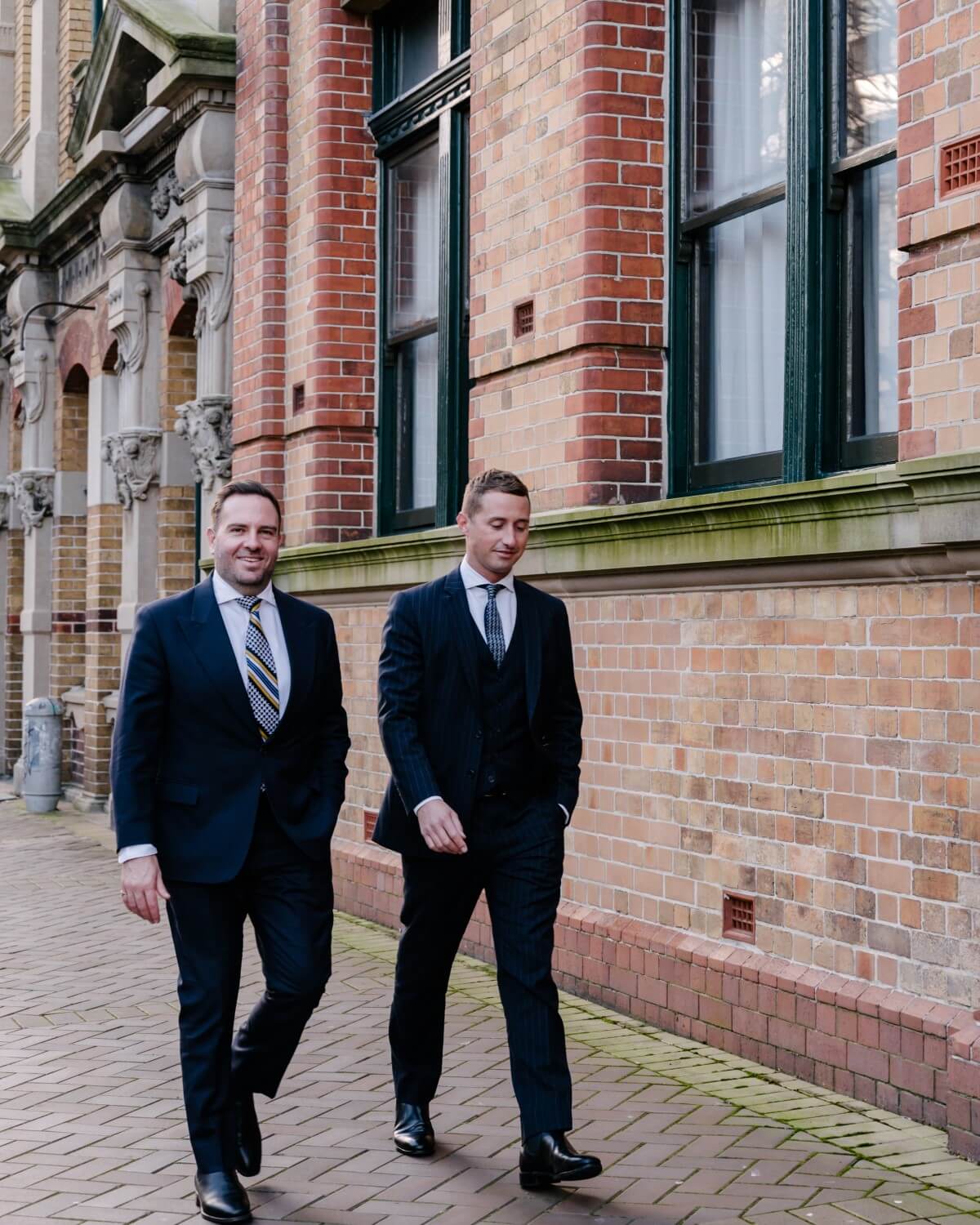Award Winning Criminal and Traffic Lawyers
24/7 Assistance
Going to court? Hamilton Janke Lawyers provides fierce, dedicated legal representation for criminal and traffic offences.
All NSW courts. Get in touch now to find out where you stand.
Going to court? Hamilton Janke Lawyers provides fierce, dedicated legal representation for criminal and traffic offences.
All NSW courts. Get in touch now to find out where you stand.
Hamilton Janke Lawyers is a criminal defence law firm based in Newcastle. We represent clients in all NSW courts.
Our law firm has extensive litigation experience in defending criminal and traffic matters, AVOs, bail applications, appeals, inquests, commissions and inquiries.
Using a proven network of highly skilled Solicitors, Barristers, experts and advisors to get you the best result.
We’ve also advised on matters of international Criminal Law and how they might impact domestic prosecutions.
Hamilton Janke Lawyers have experience at every level of the criminal justice system and will fiercely protect your interests.

Hamilton Janke Lawyers are a Leading Criminal Defence & Traffic Law Firm. Serving locations across New South Wales, including Newcastle, Central Coast, Maitland, Port Macquarie & Coffs Harbour.
Our experienced lawyers consistently produce outstanding results for our clients. This has seen has received numerous awards, including Doyles Leading Criminal Law for several years running.
Our criminal defence lawyers will ensure you receive fierce legal representation, whatever your criminal law or traffic case may be.
Leave us a message



Going to court? Or maybe you just need advice? Contact us now.